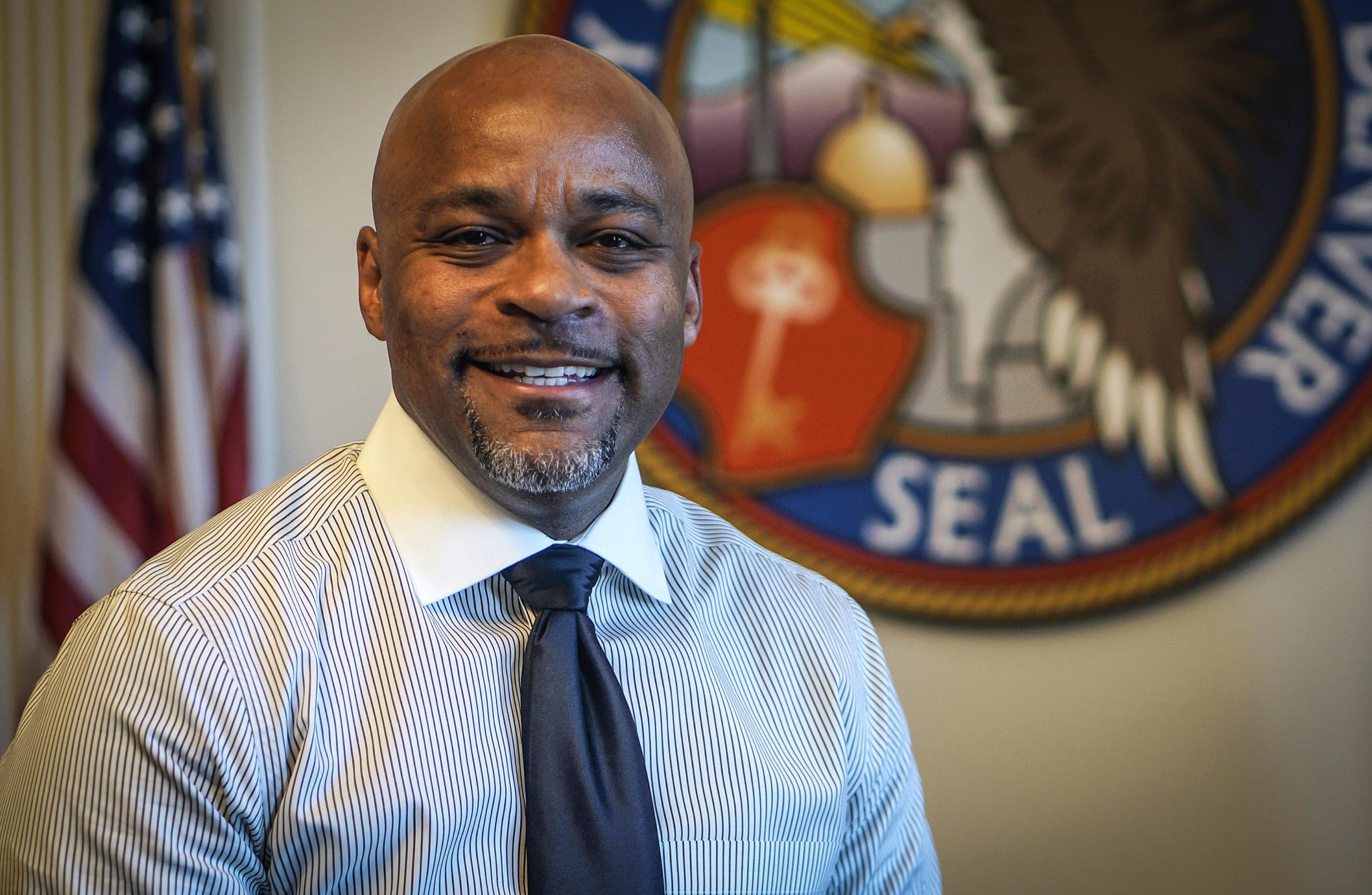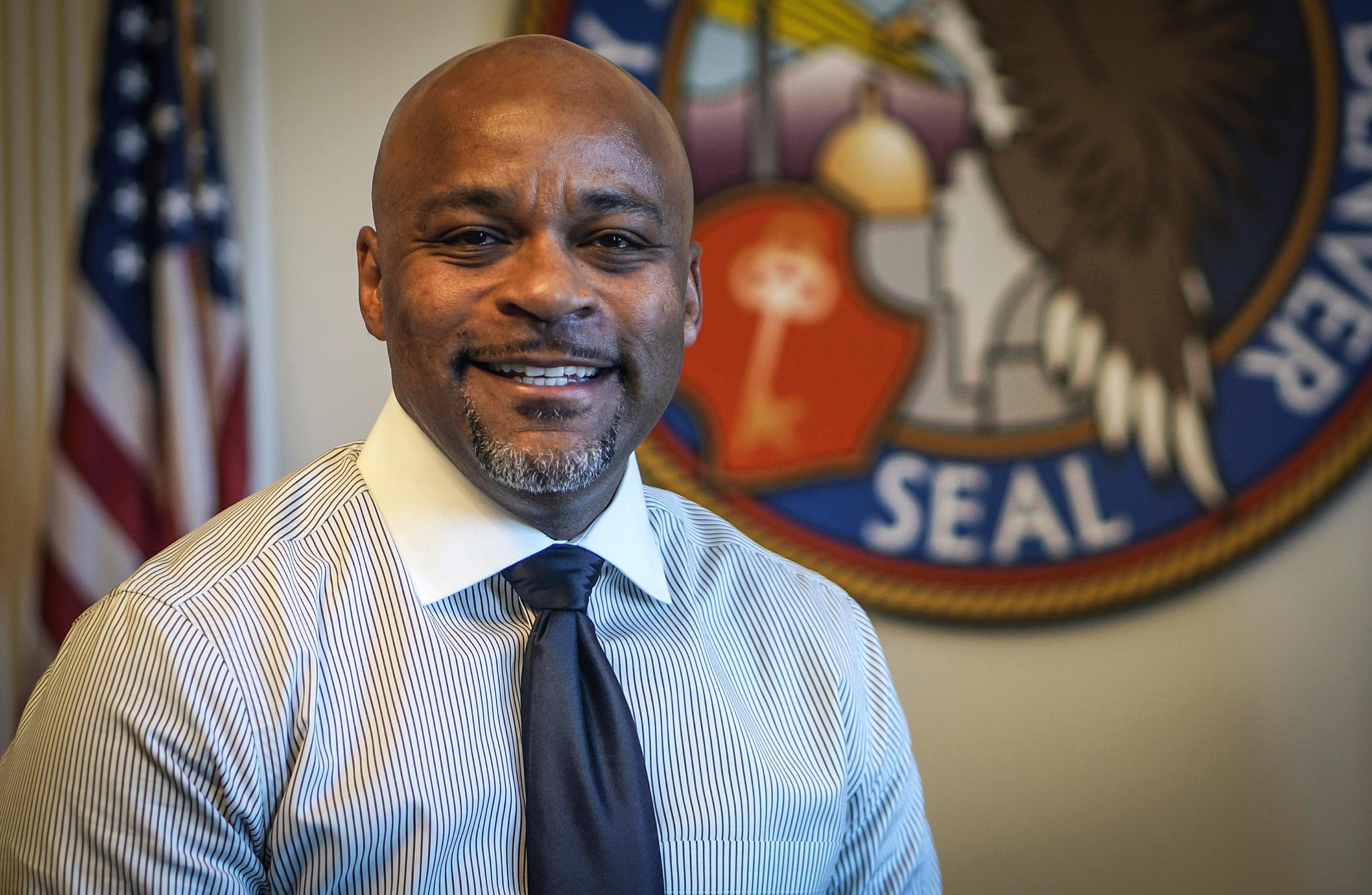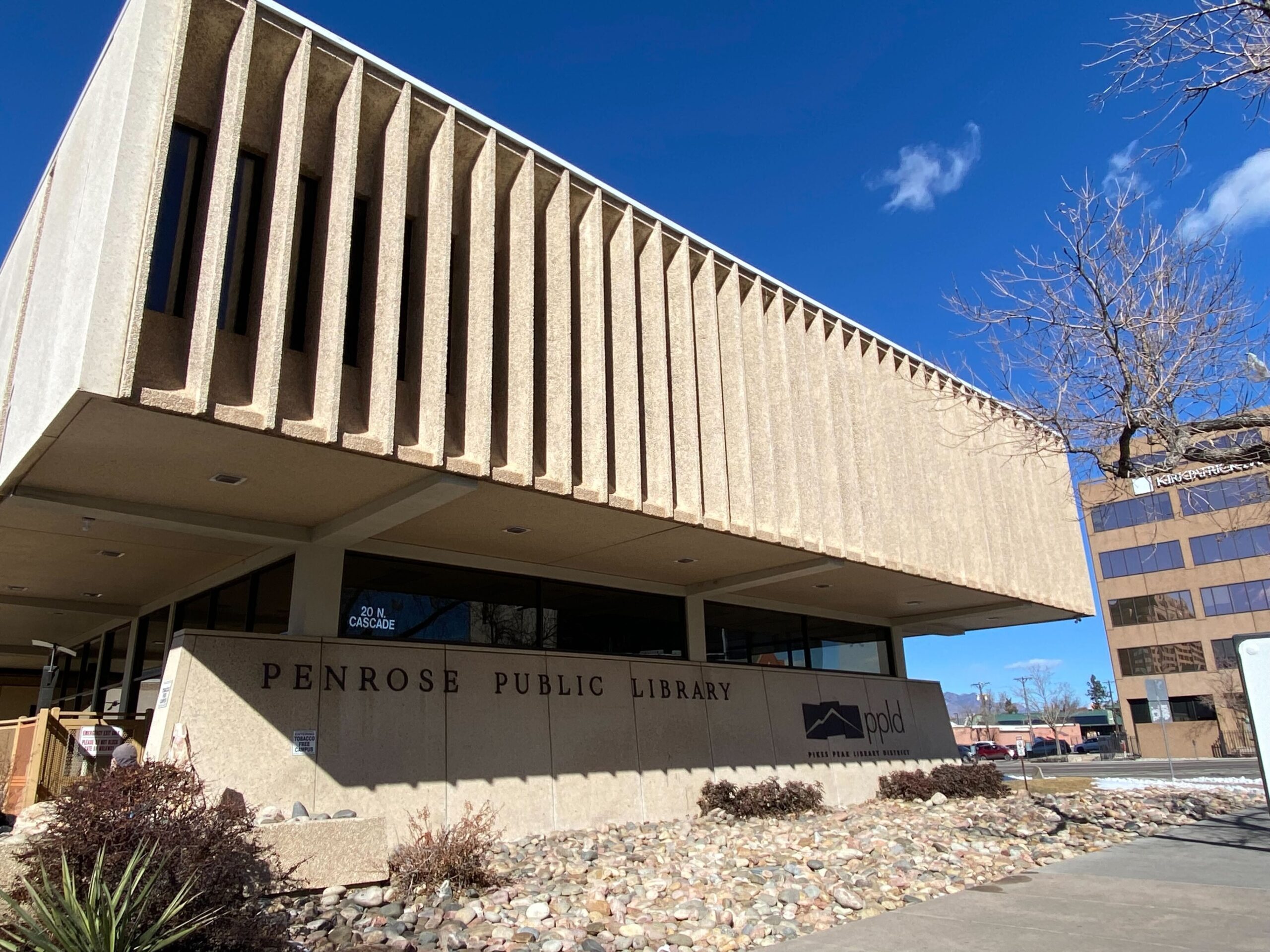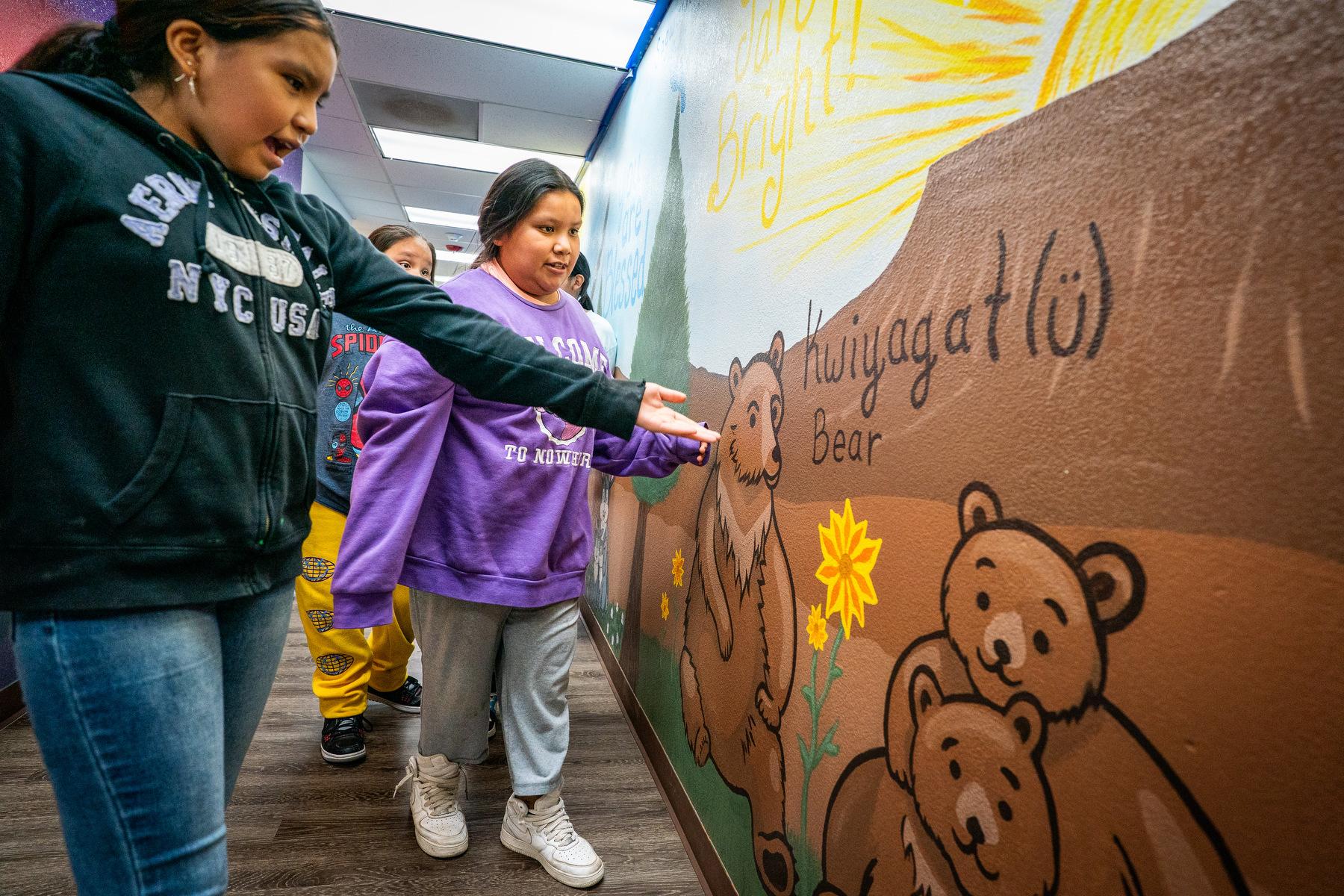

Denver Mayor Michael Hancock touched on growth and housing in his annual State of the City address late Monday morning.
The city’s affordability, or lack thereof, and gentrification were major topics during the speech at the Carla Madison Recreation Center on East Colfax.
Denver’s second-term Mayor acknowledged residents from gentrified neighborhoods like Five Points who feel like they have been left behind during the city's rapid growth.
“I know the pain of feeling left behind and feeling hopeless,” he said. “I don't want that for any of our people, but I know some of you feel it and you deserve a city that is working on your behalf every day. Every person in Denver is important. I want to make that clear.”
He said many of these neighborhoods facing gentrification are places with a history and community. They should be added to, he said, “not displaced or replaced.”
Hancock also announced the new Neighborhood Equity and Stabilization Team or NEST, which will work to reduce economic pressures in gentrified neighborhoods and businesses. The team will seek participation from the Department of Public Works, Denver Human Services, Denver Public Schools and more, and will be overseen by the Office of Economic Development.
“We must retain our history and remain healthy, active, sustainable, accessible and inclusive. Providing that equity for all neighborhoods and all people is how Denver will continue to rise,” he said. “Affordable housing remains a primary challenge to achieving that equity.”
Hancock said Denver will start a pilot project called the low-income voucher equity program. Known as LIVE Denver, the program will provide supplemental housing assistance for working professionals to be able to live in the city.
“Today, we will be taking an even stronger role in connecting people to opportunity, so no one is left behind,” he said. “They will jump in with residents and local businesses to understand their needs and blunt any threatened loss of culture, character and community that investment can cause.”
The mayor said he plans to launch a new Race and Social Justice Initiative to prepare city agencies and employees to evaluate the economic and racial impact new programs have on Denver and to challenge implicit biases.
Hancock also touched on homelessness, clean energy, community policing, the opioid crisis, and adding more modes of transportation with 125 more miles of bike lanes over the next five years.
“Denver is on the rise,” he said. “Oftentimes, a city’s progress is measured by the tangible, by what was built: roads, parks, monuments. But I believe our progress must be measured by the intangibles. What changes lives, builds up people. social justice, access to opportunity and promoting equity in our communities, particularly in times of prosperity."









